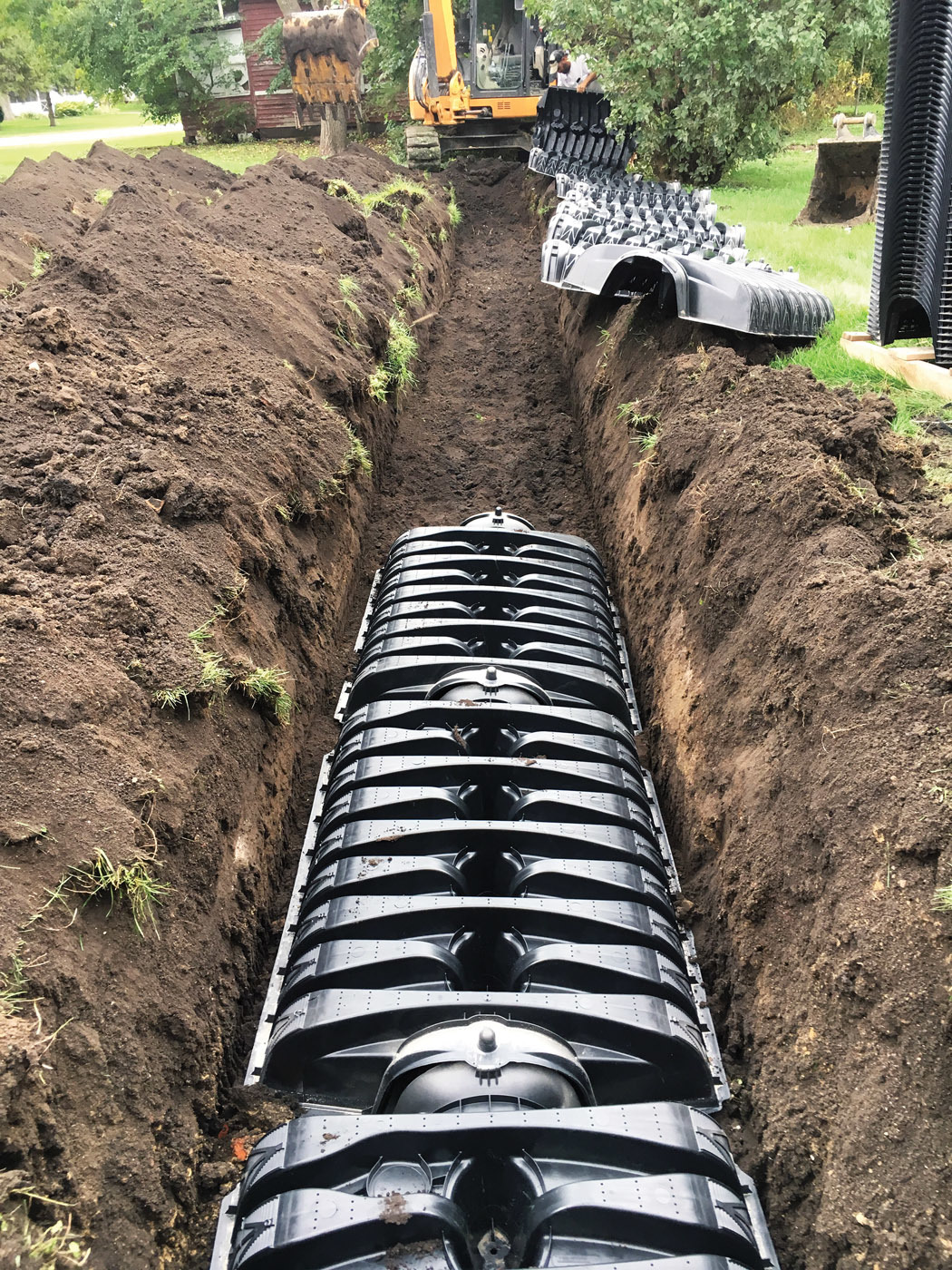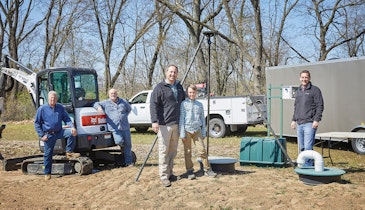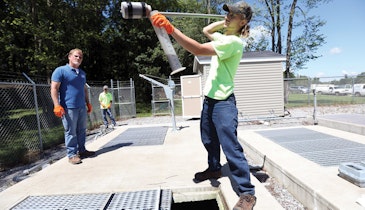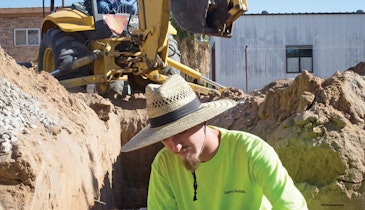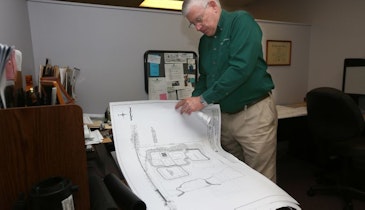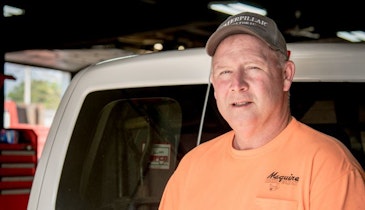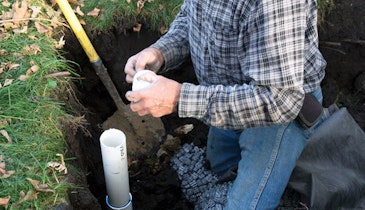Finding cost-effective sustainable solutions for wastewater infrastructure challenges is a balancing act for rural and growing communities. When community leaders and residents define challenges and future needs, they make the best wastewater treatment choice for that situation. In most cases, the decentralized approach is cost-effective and offers exceptional performance and longevity. Communities that choose a sustainable development and wastewater treatment path base the choice on community planning, anticipated growth, economics and environmental sensitivity. While treatment needs, design challenges and local regulations vary greatly, what remains a constant is that decentralized systems provide long-term wastewater treatment performance at an affordable cost.
Individual and cluster decentralized systems solve wastewater woes
Rowan, Iowa, was required by the state to upgrade all wastewater treatment systems in the city because the effluent was flowing into a field and emptying into a nearby creek. These included more than 150 residential, municipal and commercial systems.
Limited space and access required unique onsite wastewater treatment, and challenged project engineers at Veenstra & Kimm to design systems to serve daily flows and minimize future maintenance needs. Rethinking on-lot drainfield installation on the tight lots within city limits posed a challenge. The solution was wastewater treatment systems installed to serve groups of five to six lots. The process included relocating utilities, replumbing basements to accommodate shallow systems, plugging abandoned wells and installing an iron filter backwash system.
System details
The project required 91 sewer hookups, 20,400 linear feet of Infiltrator Quick4 Plus Chambers, and boring 6,000 linear feet of 1 1/2-inch force main. The variety of lot sizes and absorption field areas resulted in a mix of solutions. These included 50 conventional gravity-fed septic tanks and individual Infiltrator chamber drainfields; 16 STEP tank systems feeding individual Infiltrator chamber drainfields; 18 STEP tanks feeding pressure mains leading to two Infiltrator chamber drainfields for a home cluster; and three advanced treatment units feeding individual Infiltrator chamber drainfields.
Results
The installation contractor, Mort’s Water Co., kept service disruption to the homes to a minimum. Each system was treated as an individual case. Maintaining gravity flows from the homes into the new wastewater treatment system often required changing the outflow of household discharges. The community was pleased with Mort’s commitment to do the job right, the clear communication about the scope of the project, and the final site cleanup.
Infiltrator Water Technologies is a leading manufacturer of products for the water and wastewater industries. For over 30 years, the company has manufactured a variety of innovative and environmentally friendly alternatives to traditional pipe-and-stone leachfields and concrete septic wastewater components. The company sells its products through wholesale distribution across the U.S. and Canada, for use on properties with onsite wastewater treatment systems. Infiltrator is a leader in the use of post-consumer and post-industrial recycled plastics in the manufacturing of its products.
800-221-4436 | www.infiltratorwater.com
